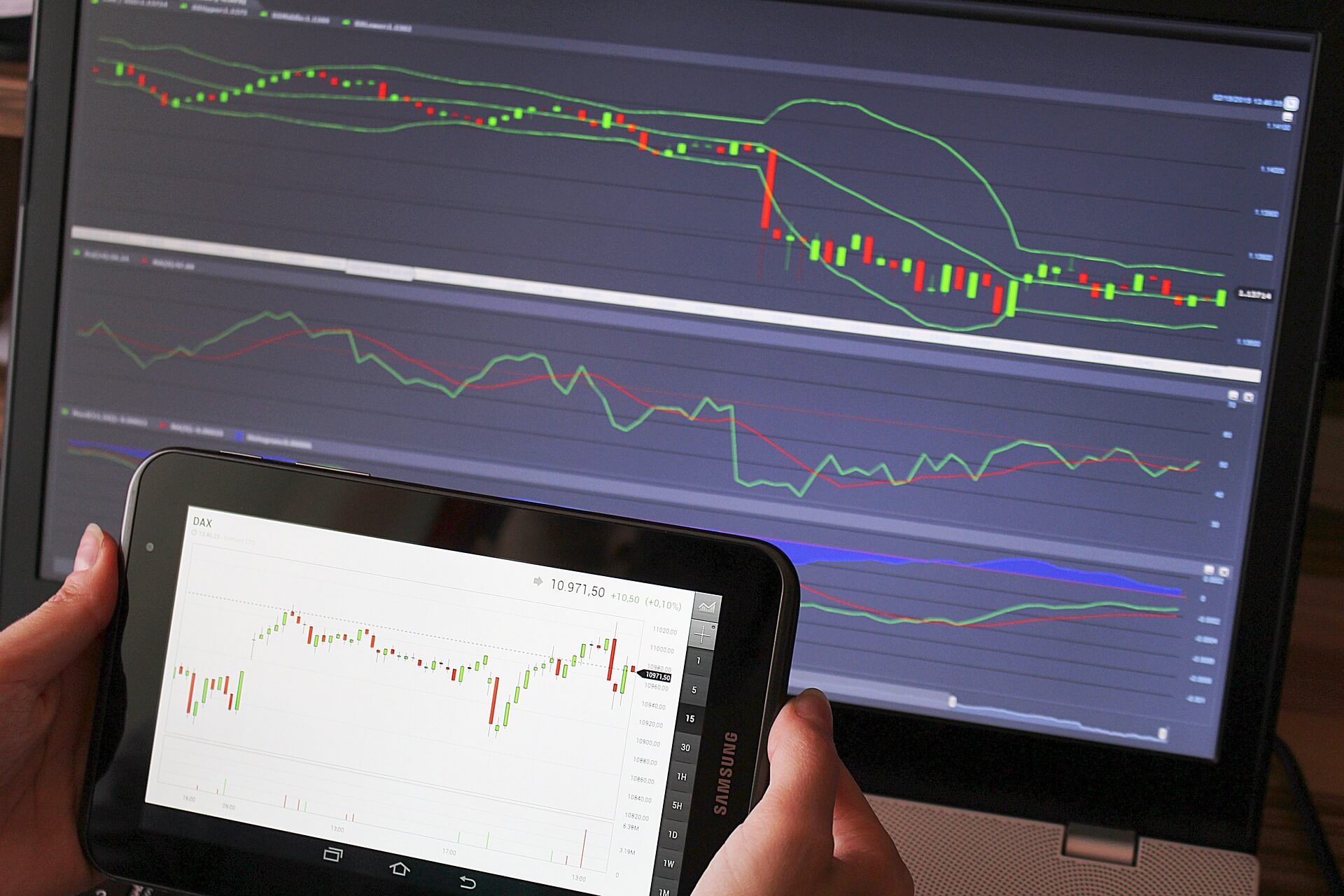CFD trading and shares are two different types of investments, and understanding their differences is essential to make informed investment decisions. CFD stands for Contract for Difference. CFD trading enables traders to trade on margin, which means they can control a large position with a relatively small amount of capital. CFD trading also provides traders with the flexibility to go long or short, which means they can profit from both rising and falling markets.
Shares trading, on the other hand, involves buying and owning a portion of a company. When you buy shares in a company, you become a shareholder, and you have a stake in the ownership of that company. Shareholders can earn returns in the form of dividends and capital gains, which are the profits made from selling shares at a higher price than the purchase price.
There are following differences between CFD trading and shares:
Leverage
CFD trading allows you to trade with leverage, which means you can control a large amount of money with a small deposit. This can magnify your profits but also increase your losses. Shares trading does not usually offer leverage, so you need to have enough money to buy the shares outright.
Risks
Both CFD trading and shares trading involve risks, but CFD trading is generally considered to be riskier due to the use of leverage. It is possible to lose more money than you deposited if the market moves against you.
Fees
CFD trading usually involves paying a spread, which is the difference between the buy and sell price of the asset. Shares trading usually involves paying a commission to the broker and other fees, such as stamp duty.
Ownership
When you buy shares, you are purchasing a small piece of ownership in the company. This means you may have voting rights and may be eligible to receive dividends. With CFD trading, you do not own any underlying asset. Instead, you are betting on the price movement of an asset.
Short selling
CFD trading allows you to take a short position, which means you can profit from a falling market. Shares trading does not allow you to short sell unless you have borrowed the shares from someone else.
How to choose between CFD trading and shares?
- CFDs are more suitable for short-term trading strategies, while shares are more appropriate for long-term investments. If you’re looking to make a quick profit from market movements, CFDs might be a better option. However, if you’re looking to invest in a company for the long term and benefit from dividends and potential growth, shares might be a better choice.
- CFDs are generally considered to be riskier than shares due to the use of leverage. If you’re comfortable taking on more risk to potentially generate higher returns, CFDs might be a good option. However, if you prefer a more conservative investment approach, shares might be more suitable.
- CFDs are more suitable for active traders who are constantly monitoring the markets and making frequent trades. Shares are more appropriate for investors who prefer a buy-and-hold strategy and are not interested in trading frequently.
- CFDs typically have lower trading fees than shares, but they may have other costs such as overnight financing fees. Shares may have higher trading fees, but there are no overnight financing fees.
Is CFD trading more secure than shares?
CFD trading is generally considered to be riskier than shares trading because of the use of leverage. Leverage allows traders to control a larger position with a smaller deposit, which magnifies both gains and losses. This means that if the market moves against you, you could lose more than your initial investment, potentially leading to significant losses.
In contrast, shares trading does not involve leverage, so the potential for losses is limited to the amount of money you have invested. Additionally, owning shares in a company means that you have ownership in the company and can benefit from dividends and potential growth in the company’s value.





